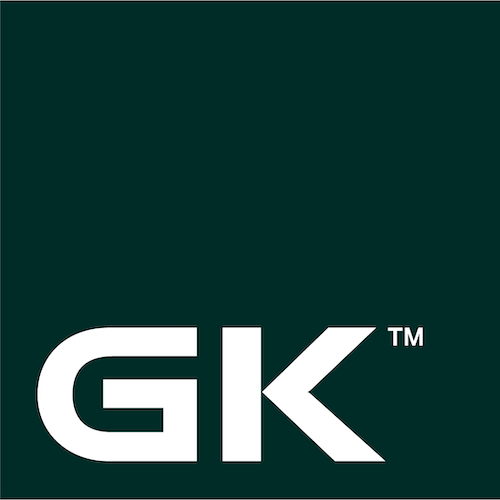Until now, the coronavirus pandemic has represented the greatest threat to life and economies of countries since World War II. The pandemic rapidly and mercilessly transformed societies as a whole, changing the way people interact, the way they work, and the structure of their social life.
With global supply chains under pressure, rising energy prices, a shrinking transportation industry, and strict movement restrictions, it has become more difficult not only to manufacture goods, but also to transport healthcare supplies. where they are most needed.
Huge global demand for COVID-19 and test kits, as well as other medical supplies, threatens to create a shortage that could undermine global disease surveillance. For all those who thought that with the arrival of vaccines the virus would be history, cases of factory closures in China or Vietnam have come to light as a result of the virus that prove otherwise.
In this context, the new waves of the pandemic are unequivocal proof that vaccination is essential for global security, but so are tools for the protection and prevention of the virus. Getting our economies and societies working again requires everyone to be safe from Covid-19, and a crucial part of that goal will be to protect workers in ports, factories, and other key industries.
The progress, collaboration, alliances and information that certain companies generate in times of crisis have the ability to make a difference. At GK, a leading company in the textile and real estate sector, with a presence in Honduras, Guatemala, Mexico, and the United States, we have the necessary equipment to protect workers from different industries in their daily activities. .
From its leader, Mohammad Yusuf Amdani Bai, Chairman of the Board of Directors of GK, to the last of the collaborators who work in the different branches of the group, the slogan is that life and health come first, and it is for that reason that the company has not stopped producing health-related goods. One of them, key in the fight against Covid-19, are precisely the isolation gowns.
Isolation gowns and their importance
Isolation gowns are personal protective equipment used in health care or disease prevention settings. Its primary purpose is to protect the user from the spread of infection or disease if the user comes into contact with potentially infectious material or people.
They can also be used to help prevent the user of the isolation gown from transferring microorganisms that could harm vulnerable patients, such as those with weakened immune systems. Isolation gowns have the additional feature of serving factory or port employees who have direct contact with merchandise arriving from all over the world.
They are key in this regard for the global economy, because their use can make the global supply chain run smoothly.
 There are two classes, firstly there are isolation gowns made of fabric capable of withstanding repeated washing in hot water or other spills, being generally of a kind of resistant cotton. The most common way to use them is usually tied at the back with twill ribbons.
There are two classes, firstly there are isolation gowns made of fabric capable of withstanding repeated washing in hot water or other spills, being generally of a kind of resistant cotton. The most common way to use them is usually tied at the back with twill ribbons.
Second are disposable gowns, which can be made of paper or thin plastic, with ties also made of paper or plastic. Despite having a more fragile appearance, these types of gowns are very resistant and are ideal for outdoor work.
Regardless of the material chosen, at GK we recommend that when purchasing an isolation gown you always take into consideration the labeling of the product, that is, that it describes the intended use with the desired level of protection, and according to the existing risk levels. in your environment.
Do not leave without reading: Diversifying supply chains: the opportunity that the crisis provides to nearshoring
